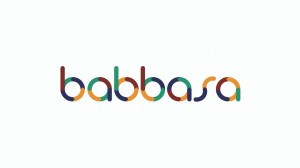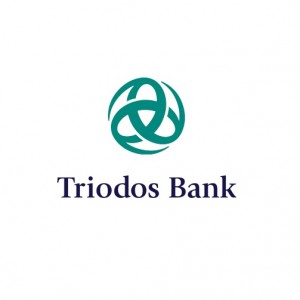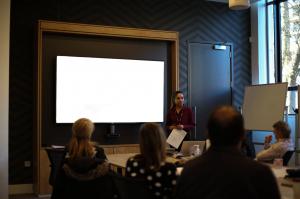The Bristol headquarters of international ethical bank Triodos has hailed its partnership with city-based social enterprise Babbasa as it aims to deliver on its mission to create a thriving society that promotes quality of life for all.
The link-up was launched in May to give Triodos staff training and recruitment support, helping the bank reach more young people from diverse communities and enable them to thrive within the organisation.
This is in line with the bank’s three-year equity, diversity and inclusion strategy.
Key to this, Babbasa, which has been transforming the lives of young people from ethnic minority and low-income backgrounds since 2013, has been delivering intercultural communications skills training to more than 300 Triodos staff, supporting them to discuss the complexities of a diverse workforce and delving into how the bank can create a sense of belonging for ethnically diverse employees, clients and customers.
Feedback on the training has been overwhelmingly positive, with one attendee saying: “It has given me more food for thought about how to act in all kinds of situations. It will make me more reflective and more alert to when I need to intervene – call in and call out”.
The training was co-delivered by Babbasa training and inclusion manager Sangeetha Wynter and its experienced EDI (equality, diversity, and inclusion) facilitators Taz Rasul and Mikella Richards.
Sangeetha, pictured, said the Triodos staff had demonstrated not only a willingness, but an enthusiasm to engage in the conversations around intercultural communication skills.
“It was evident that having opportunities to discuss actual scenarios, whilst being provided with tools to create more inclusive workplace practices, was where the most learning took place,” she said.<
“Having facilitated conversations around EDI is so important to avoid people feeling uncomfortable, and if this can’t take place in person logistically then online can be just as effective”.
Taz Rasul added: “Triodos staff already bring many nationalities, backgrounds and identities.
“They often described Triodos as more warm and human than previous workplaces, and that was a great starting point for our discussions about inclusivity and cultural differences.
“Triodos staff largely cared about inclusion because of their own lives and interests, their roles as co-workers and their sense of responsibility towards their customers.
“They seemed to come away more conscious of cultural differences, and how to spot and respond to behaviour that excludes people.”
Triodos Bank UK HR director Catherine Ridd said it was essential to its values as a sustainable bank that Triodos was an inclusive environment and that its employees could bring their whole selves to work.
“Through working with Babbasa’s expert team, we were able to develop an intercultural communications skills programme that has been really well received,” she added.
“The missions of Babbasa and Triodos are very aligned and we look forward to working with the team on future projects.”
Babbasa was launched in 2013 in response to the growing gap in the economic achievement of young people from some of Bristol’s most diverse and disadvantaged inner-city communities.
Taking its name from an ancient West African word that means ordinary citizens or agencies coming together to act as a support bridge for those in need, founder Poku Osei’s aim was to help 16 to 25-year-olds fulfil their potential in education, employment or in enterprise.
Since then it has supported more than 4,000 individuals, spanning more than 60 cultural groups, providing mentoring, skills training and recruitment support to successfully advance their professional ambitions through its network of over 500 cross-industry organisations.
A year ago Babbasa partnered with the Bristol One City Office on the OurCity2030 initiative, which aims to support young people from low-income households, starting from inner city Bristol, to secure a median salary role by 2030.
Triodos has banking activities in the Netherlands, Belgium, Spain and Germany as well as the UK, where it has operated for nearly 30 years and now employs around 300 staff in Bristol, London and Edinburgh.






























